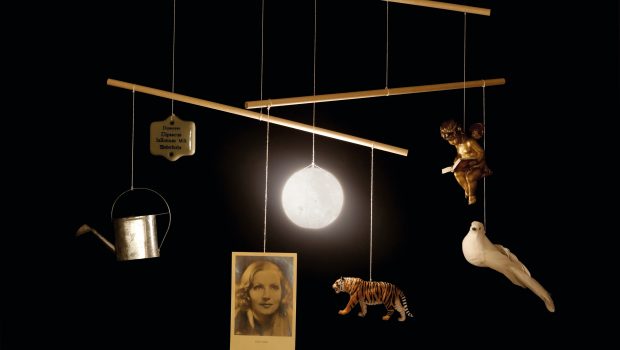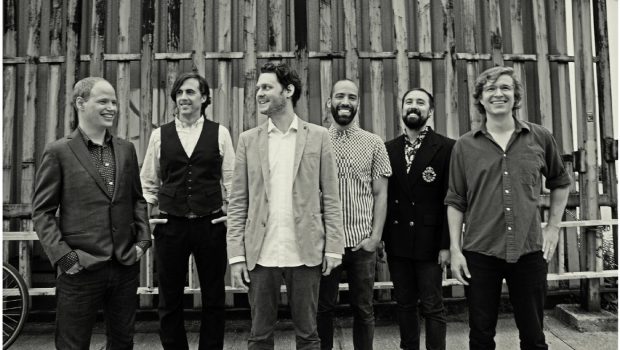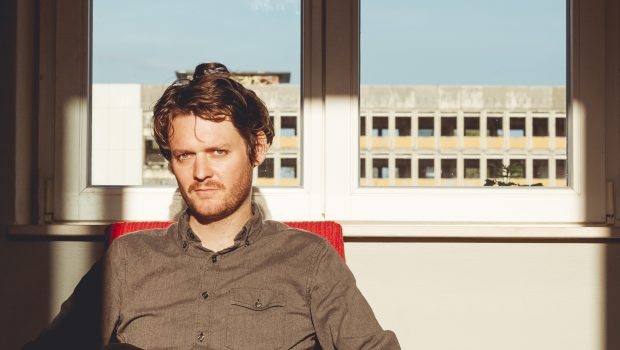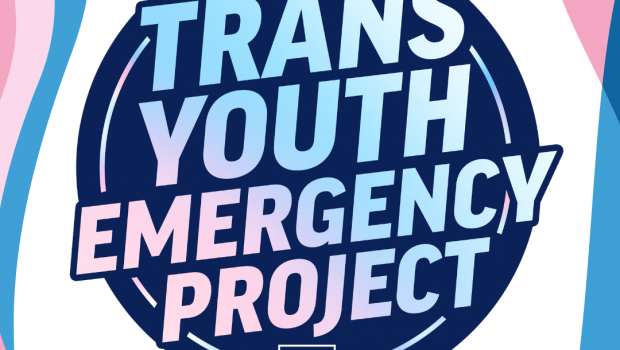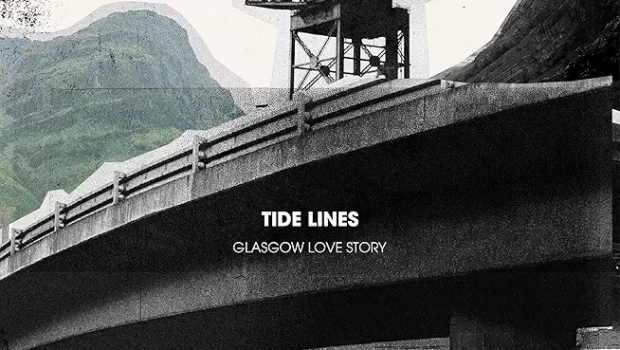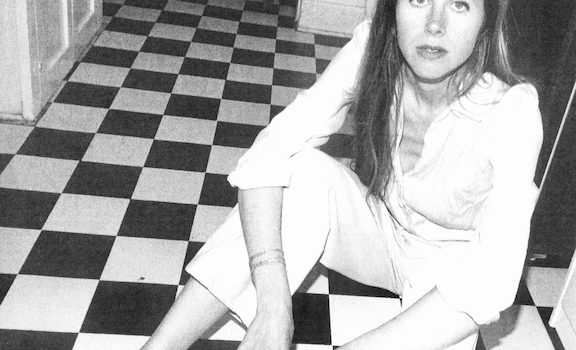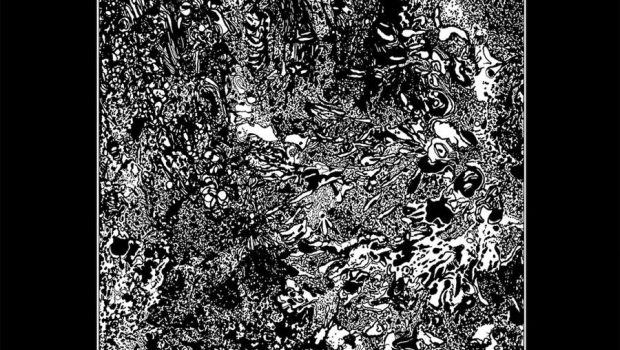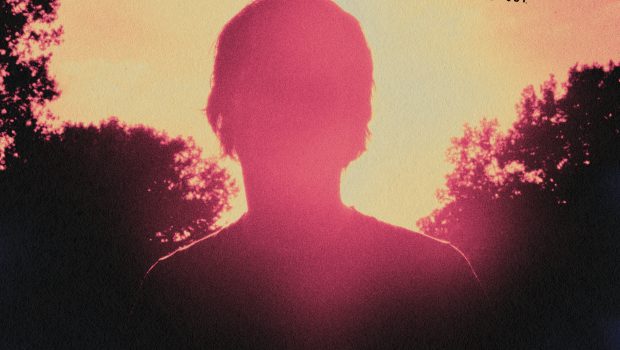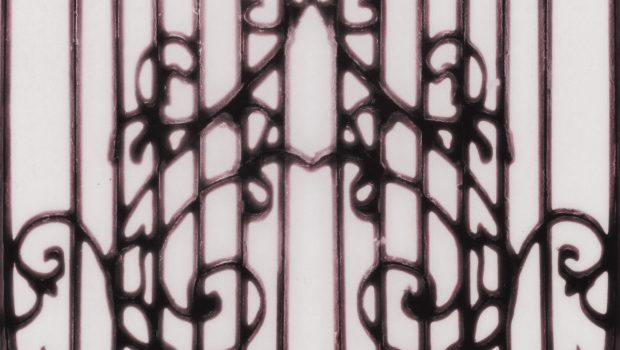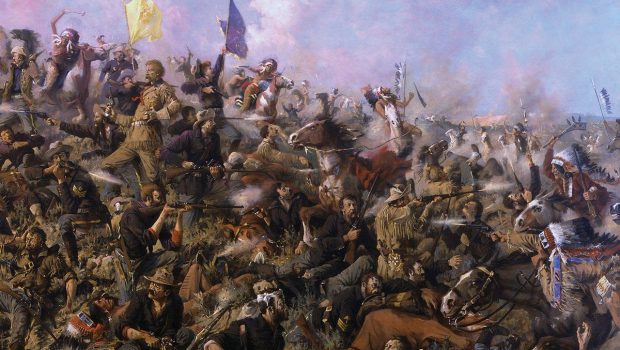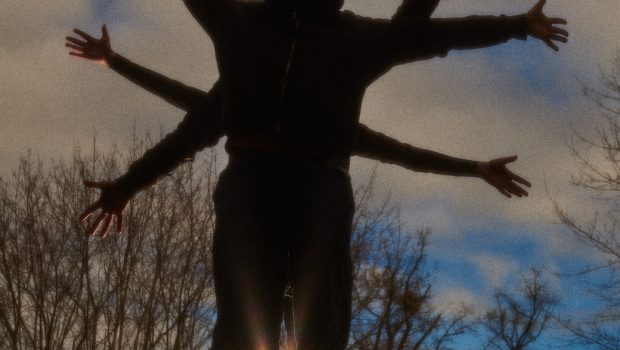Beirut band leader Zach Condon’s story is film-worthy – as a young jazz trumpeter, he was exposed to mariachi music while growing up in Sante Fé, New Mexico. At 17, he dropped out of school and ran away to Paris after working in an international film cinema, where Sicilian funeral brass music and Balkan folk had caught his attention. He then returned to The University of New Mexico where he studied photography and Portuguese. With help from Jeremy Barnes’ accordion and Heather Trost’s violin (the duo known as A Hawk and A Hacksaw), Zach formed a band to record his musical arrangements, and in New York, in 2006, The Gulag Orkestar was released.
Despite this rather eclectic blend of obscure influences, Beirut have to-date sold over a million records. The debut album remains a personal favourite – it was like nothing I’d heard before – a cosmopolitan Cinematic Orchestra, blended with Gogol Bordello, perhaps? I didn’t know how to describe it. The flugelhorn/trumpet phrases remained in my head for some time, and I can’t hear an accordion now without thinking of ‘Mount Wroclai (Idle Days)’, and the singing that followed. Outside the office where I work, a busker plays The Godfather theme over and again on his accordion, and I’m tempted to give him a copy of the album.
Second album The Flying Cup Club is similar to the first in many ways, but apparently drew from French influences. ‘The Penalty’ is a highlight, with the introduction of a ukulele. Again, Zach’s warm, clear and warbling vocals tie everything together, taking the place of trumpet or strings to keep the songs interesting. Exhaustion forced Zach into a break, and after two EPs, the third album, The Rip Tide, was released in 2011. The same instruments were present, but the immediately addictive riffs were watered-down somewhat, to produce an altogether underwhelming experience.
…And so, to album number 4, No No No. The band has decreased in number, and it shows. Early Beirut videos have Zach wandering through European cities with musicians gathering around to contribute, in quaint, idyllic town squares. This album sounds somewhat less bohemian, unless he’s willing to push a piano around a piazza. The infectious melodies and vocals are arguably as strong as they were in the beginning, but come in smaller, mellower, bite-sized pieces. The entire album comprises 9 songs that are each on average around 3 minutes long.
‘Gibralter’ is a promising start – percussion and layered vocals are structured around repetitive and catchy piano chords. The title track is more of the same, with added bass guitar and a stronger beat. ‘At Once’ sees a welcome return of the brass section and is rather melancholy, but proves to be a highlight. The album is said to have been written after a divorce, and after meeting someone new. ‘August Holland’ has a bright and breezy piano refrain, with a bassline that borders on cheesy.
‘As Needed’ is a delicate, mature instrumental, made largely with strings. The next three songs contrast in mood, and in my opinion, not in a good way at all – during ‘Perth’, Zach’s keyboard has a playful, almost cheeky sound to it, and is more palatable than the other two that follow. ‘Pacheco’ persists with the formula, at a slower tempo, and at times ‘Fener’ sounds as though it was taken from an 80s kids show, as a backdrop to some amateur dramatics.
‘So Allowed’ is, thankfully, another slower, more thoughtful tune, and he leaves us with the refrain “I want to say I’m right”, sung amongst trumpets and keys. The other songs on this album of this ilk remind me of Ed Harcourt, and impress more than the faster tempo tunes, which tend to get under the skin, sounding like false happiness. A return of the accordion, maybe through a reunion with A Hawk and A Hacksaw, would be very welcome on a fifth album. At 30, Zach has developed a wide range of beautiful and memorable melodies, culminating in a very impressive repertoire that must be witnessed live.
Release Date 11/09/2015 (4AD)
Beirut Official | Facebook | Twitter | Soundcloud


